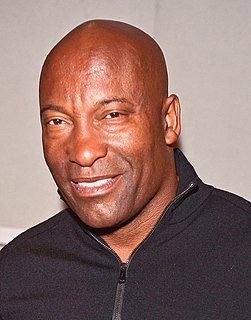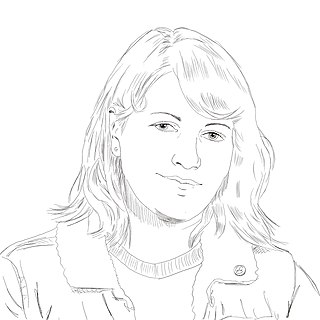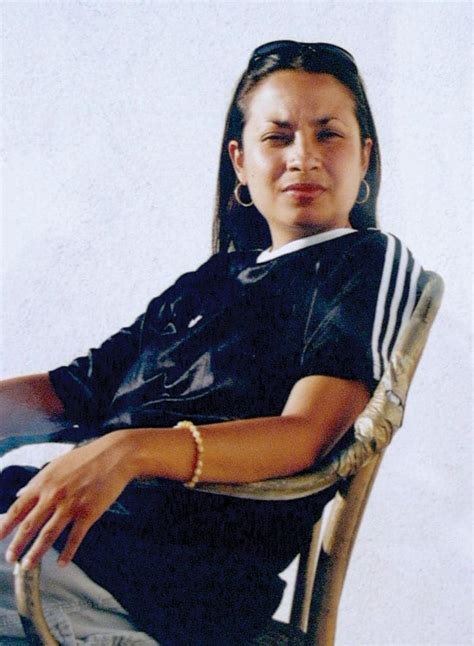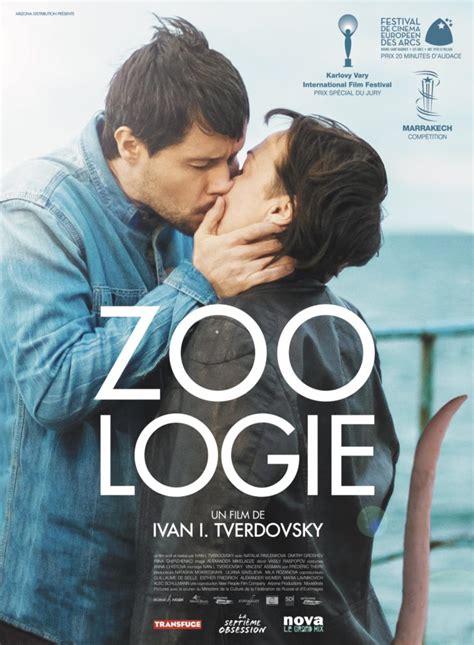A Quote by Todd Haynes
By the time I finished 'Poison,' the New Queer Cinema was branded, and I was associated with this. In many ways, it formed me as a filmmaker, like as a feature filmmaker I never set out to be.
Related Quotes
It has a lot to do with just sort of trust in the relationship that builds between the filmmaker and the subject. There are some people who will never be relaxed in front of a camera, and in some ways that's my failing as a filmmaker to not put them at ease. It's also a function of time, and if you have that type of time.
With filmmaking, I for so long was like, oh, I need permission to go out and be a director and be a filmmaker. And I read Robert Rodriguez's 'Rebel Without a Crew.' He just went out and did it, man. In his book, he even says just put your name on a business card and say you're a filmmaker. Congratulations, you're a filmmaker.
We've been fighting our whole lives to say we're just human beings like everyone else. When we start separating ourselves in our work, that doesn't help the cause. I've heard it for years: 'How do you feel being a black filmmaker?' I'm not a black filmmaker, I'm a filmmaker. I'm a black man, I have black children. But I'm just a filmmaker.
Anybody that makes films knows the film is never finished. It's abandoned or it's ripped out of your hands, and it's thrown into the marketplace, never finished. It's a very rare experience where you find a filmmaker who says, "That's exactly what I wanted. I got everything I needed. I made it just perfect. I'm going to put it out there."
































